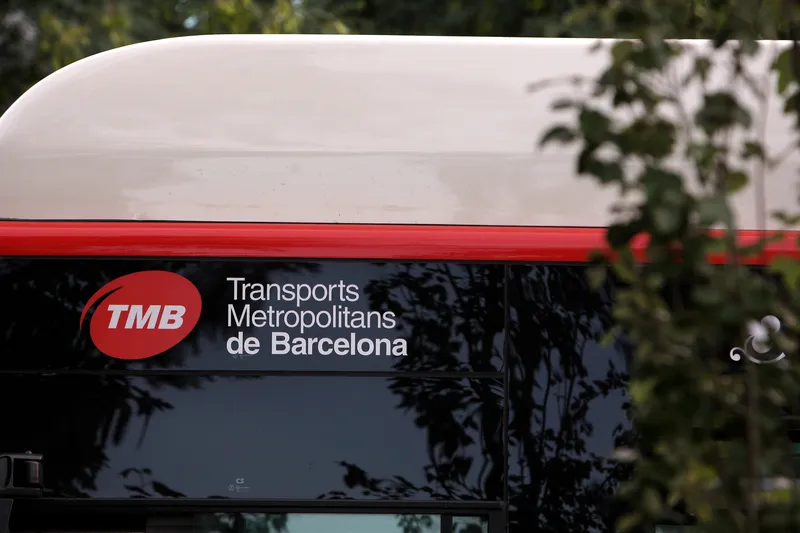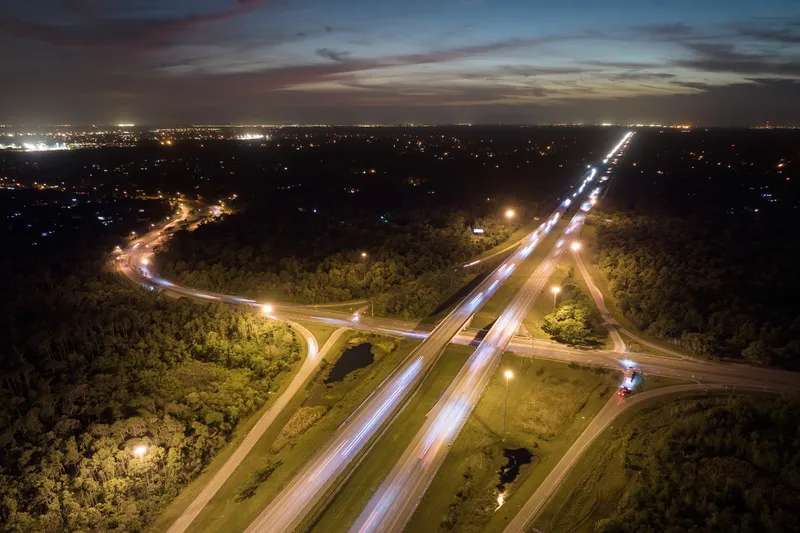
A pilot in Barcelona is using Hayden AI camera and data collection systems to automatically control bus lane infringements in order to improve bus circulation.
Transports Metropolitans de Barcelona (TMB) has installed the system, which uses artificial intelligence, on four vehicles of the H12 and D20 bus routes where there are reserved bus lanes.
Hayden AI said that Barcelona’s pilot is the largest deployment of bus-mounted automated enforcement systems in Europe to date. Hayden AI also provides its bus-mounted camera technology to US public transport authorities in New York City, Los Angeles, Washington DC and Oakland in California, among others.
Hayden AI noted that in New York, where automated bus lane enforcement with bus-mounted cameras has been used since 2019, bus speeds have increased by 5% and collisions have decreased by 20% on average.
The company is the winner of last year's Barcelona Innova Lab Mobility challenge launched by the Barcelona City Council, through the collaboration between the city’s Mobility Area information agency, BIT Habitat Foundation (which develops programmes and services to promote and facilitate urban innovation), TMB and trade fair organiser Fira de Barcelona.
The Hayden AI pilot uses a system of cameras installed inside the front of the four buses to detect vehicles that commit static violations - stopping or parking in the bus lanes and stops, obstructing the normal circulation of buses. The Hayden AI system provides statistical information on what it captures while the bus is operating on its route.
It takes photographs and records video sequences automatically, collecting all the data and contextual information of the violation. The system - using computer vision, cameras and sensors with 5G connectivity - does not record licence plates or people, nor are penalties issued to drivers or owners of the vehicles. The pilot test of the technological system will last six months.
Hayden AI's perception platform loads only the necessary data to detect acts of indiscipline in bus lanes, allowing it to identify points on the network that have the greatest decrease in bus speeds. The solution complies with the European General Data Protection Regulation (GDPR).
“Hayden AI has had the privilege of helping cities in the US improve safety and public transport reliability – as well as reduce greenhouse gas emissions and help increase transit ridership,” said Charles Territo, chief growth officer at Hayden AI.








